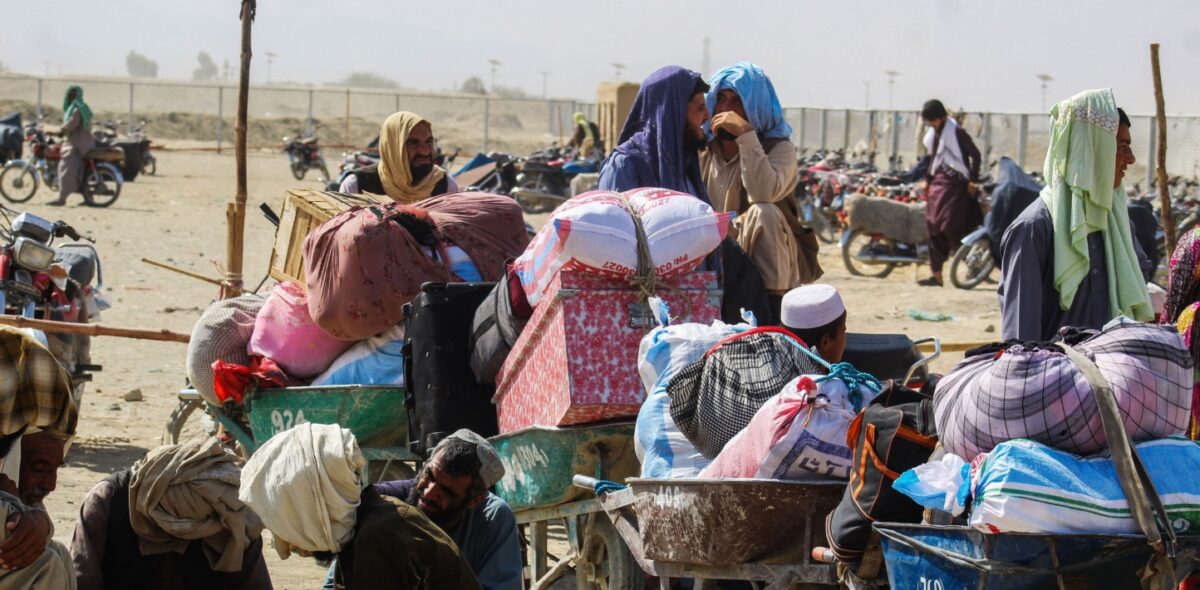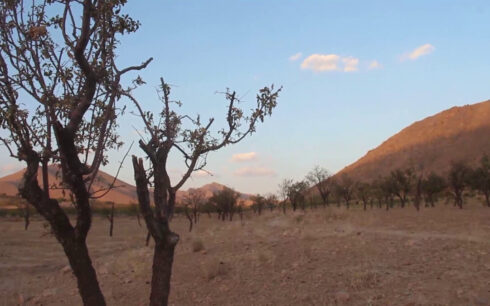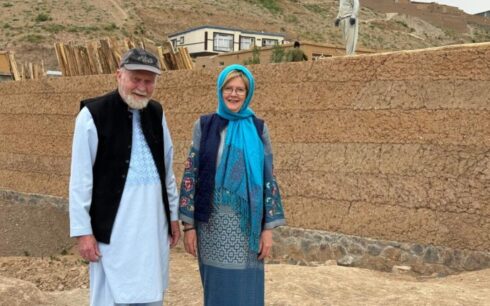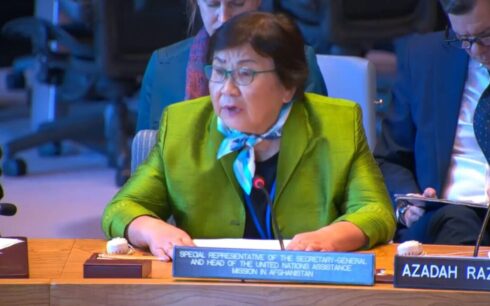Marking World Refugee Day on Tuesday, June 20, Amnesty International appealed to the Pakistani government to stop “arbitrarily” arresting and “harassing” refugees and asylum seekers from Afghanistan.
The rights watchdog said in a statement that the government of Pakistan must “urgently stop arbitrarily arresting and harassing Afghan refugees and asylum seekers, many of whom are fleeing persecution by the Taliban.”
The organization said people from Afghanistan lived in fear of persecution following the Taliban takeover of Afghanistan in August 2021 and subsequently fled to Pakistan, “where they have been subjected to waves of arbitrary detentions, arrests, and the threat of deportation.
“Because of considerable delays in the registration process, most do not hold Proof of Registration (PoR) cards, the identity document entitling Afghan refugees to remain regularly in Pakistan. Many arrived in Pakistan with regular visas, which have since expired,” the statement read.
Dinushika Dissanayake, Amnesty International’s Deputy Regional Director for South Asia said: “It is deeply concerning that the situation of Afghan refugees in Pakistan is not receiving due international attention. Being unable to return home or stay permanently in Pakistan, they are caught in an impossible situation from which there is no escape.
“Their ambiguous legal status and arduous processes for asylum or third country relocation have made them even more vulnerable,” Dissanayake said adding: “Being unable to return home or stay permanently in Pakistan, they are caught in an impossible situation from which there is no escape.”
Speaking to Amnesty International, Hussain, a former employee of the ministry of interior under the republic government said he had recently been detained amid a round of arrests and faced harassment by the Pakistani authorities.
In February 2023, police raided and ransacked Hussain’s home in Islamabad, as well as the homes of several other Afghan families in his neighborhood, he said. Hussain said he was handcuffed and brought to the police station at about 10pm, where he was interrogated about their immigration status, employment and social circles. Around 20 other people from Afghanistan were also detained and brought to station.
“They took our passports and wallets from us, and then searched our bodies multiple times. They detained even those of us that had valid visas and were in the country legally,” he said.
The next morning, Hussain was released after paying a “fine” of 30,000 rupees, yet the police refused to give him any documentation outlining the reason for his detention or a receipt for the fine. Five other detained people interviewed by Amnesty International shared similar accounts of separate incidents in which they were all forced to pay fines of between 5,000 and 30,000 rupees, and none were given paperwork confirming their detention or fine.
“Our lives in Pakistan are no lives at all,” Hussain said.
Amnesty International reports that these cases represent just a small number of the many refugees from Afghanistan who have arrived seeking asylum in Pakistan, with the ultimate aim of building a new life in the country or relocating to a third country via Pakistan. The threats and harassment they have suffered have been amplified amid delays of the third-country relocation processes and expired visas, since it makes them legally vulnerable.
Countries that offered special relocation schemes to refugees from Afghanistan who face persecution by the Taliban, including the US, Canada, the United Kingdom and Germany, are currently not issuing visas within Afghanistan, where they do not have diplomatic representations.
At the same time, the process for issuing visas in Pakistan remains complicated and lengthy with a waiting time of many months.
Amnesty International also stated that refugees seeking asylum must also endure a prolonged process when trying to obtain proof of registration from the United Nations High Commission for Refugees (UNHCR). Combined with lengthy visa renewals from the Pakistani government, these delays are making it easier for the police to harass them and for other authorities to extort money from them — practices that have been reported across Pakistan, including in Sindh, Karachi, Peshawar, Chaman, and Quetta, among others.
The refugees speaking with Amnesty International said that they felt that their right to freedom of expression was being significantly curtailed, as they were unable to complain publicly about the challenges they face, because of their precarious legal status. The situation is particularly dire for women and girls, who face discrimination in both Afghanistan and Pakistan.
Dissanayake meanwhile said: “Amnesty International is calling on the United Nations High Commission for Refugees (UNHCR) to expedite registration and reviews of applications from Afghans seeking refugee status in Pakistan, on the Government of Pakistan to stop arbitrarily arresting and harassing Afghan refugees and on third countries offering relocation to Afghans abroad to expedite the issuance of visas.”





